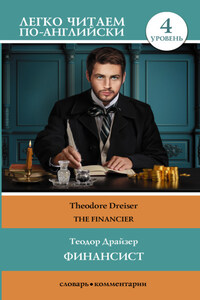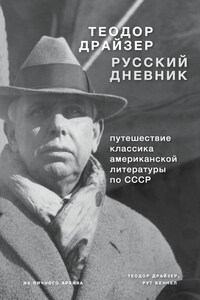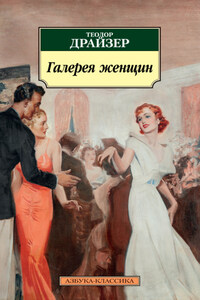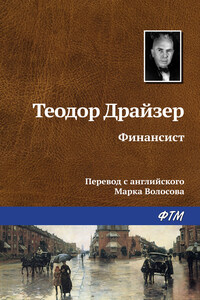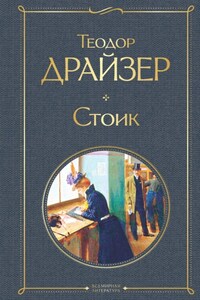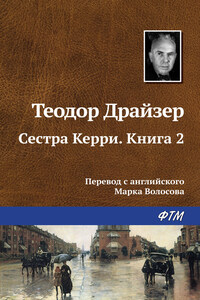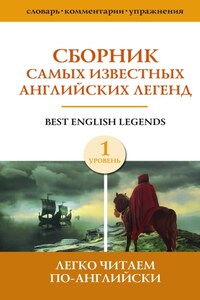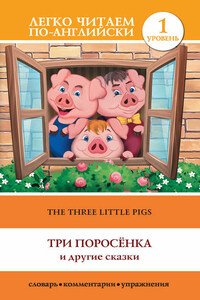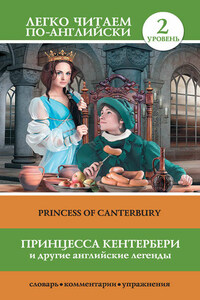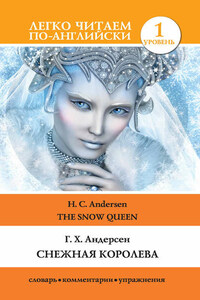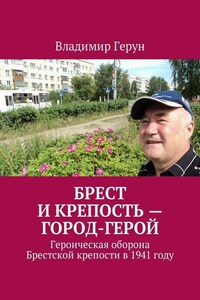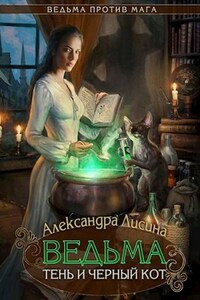A city of Philadelphia, where Frank Algernon Cowperwood[1] was born, was a city of two hundred and fifty thousand and more. It was set with handsome parks, notable buildings, but many of the things that we and he knew later were not then in existence – the telegraph, telephone, express company[2], ocean steamer mails.
Cowperwood's father was a bank clerk at the time of Frank's birth, but ten years later, Mr. Henry Worthington Cowperwood[3] became a promoted teller[4]. At once he told his wife to remove his family to a much better neighborhood, where there was a nice brick house of three stories. There was the probability that some day they would come into something even better, but for the present this was sufficient.
Henry Worthington Cowperwood was a man who believed only what he saw. He was at this time a significant figure – tall, lean, inquisitorial, clerkly – with nice, smooth whiskers coming to almost the lower lobes of his ears. He had a long, straight nose and a chin that tended to be pointed. His eyebrows were bushy, and his hair was short and smooth and nicely parted. He always wore a frock-coat and a high hat[5]. And he kept his hands and nails immaculately clean.
Being ambitious to get ahead socially and financially, he was very careful of whom or with whom he talked. He was much afraid of expressing a rabid or unpopular political or social opinion, though he had really no opinion to express.
Mrs. Cowperwood was a small religious woman, with light-brown hair and clear, brown eyes, who had been very attractive in her day, but had become rather prim and inclined to take very seriously the maternal care of her three sons and one daughter.
Frank Cowperwood, even at ten, was a natural-born leader. He was a sturdy youth, courageous and defiant. From the very start of his life, he wanted to know about economics and politics. He cared nothing for books. He was a clean, stalky boy, with a bright, incisive face; large, clear, gray eyes; a wide forehead; short, bristly, dark-brown hair. He had an incisive, quick-motioned manner. He never had an ache or pain, and ruled his brothers with a rod of iron. “Come on, Joe!” “Hurry, Ed!” These commands were issued in no rough but always a sure way, and Joe and Ed came.
